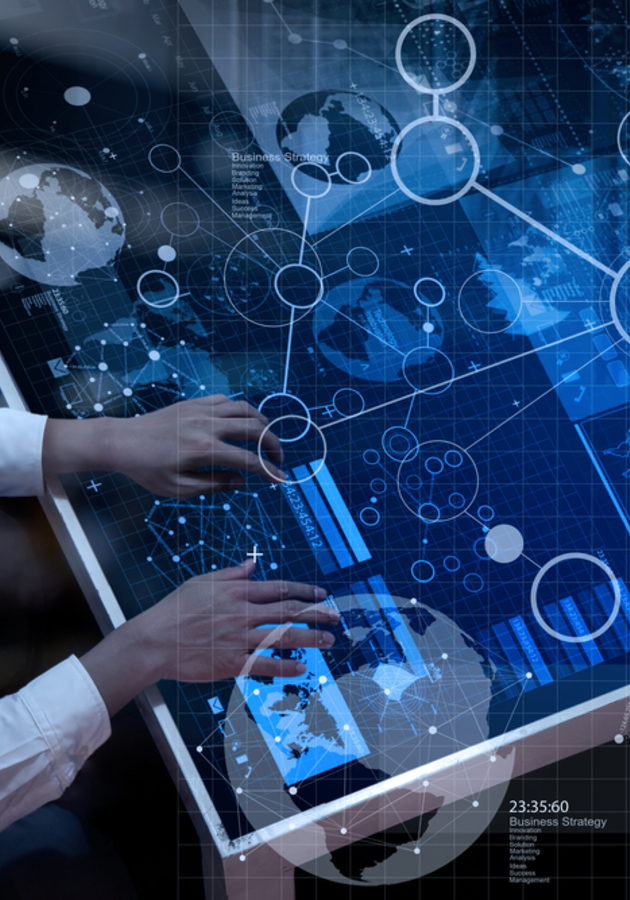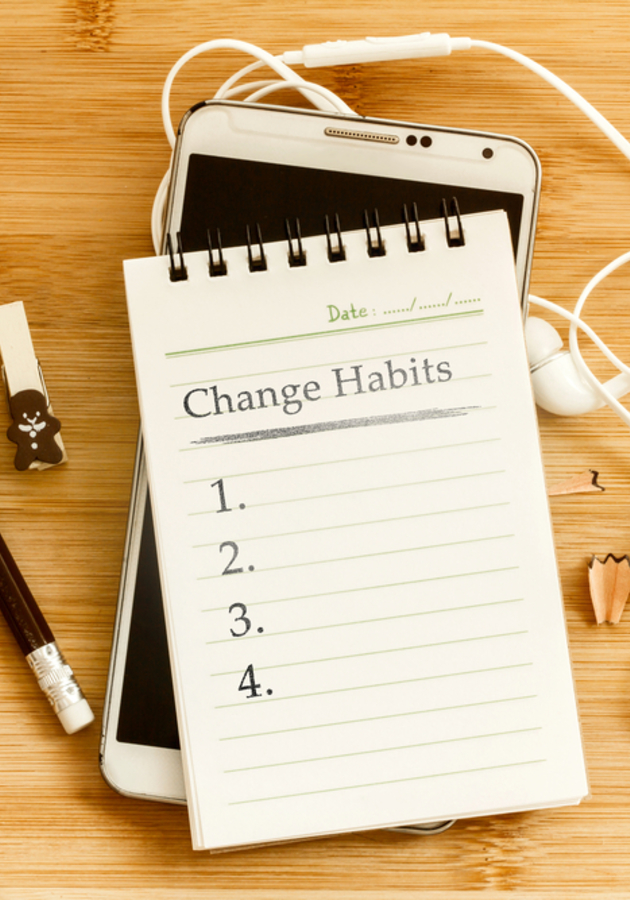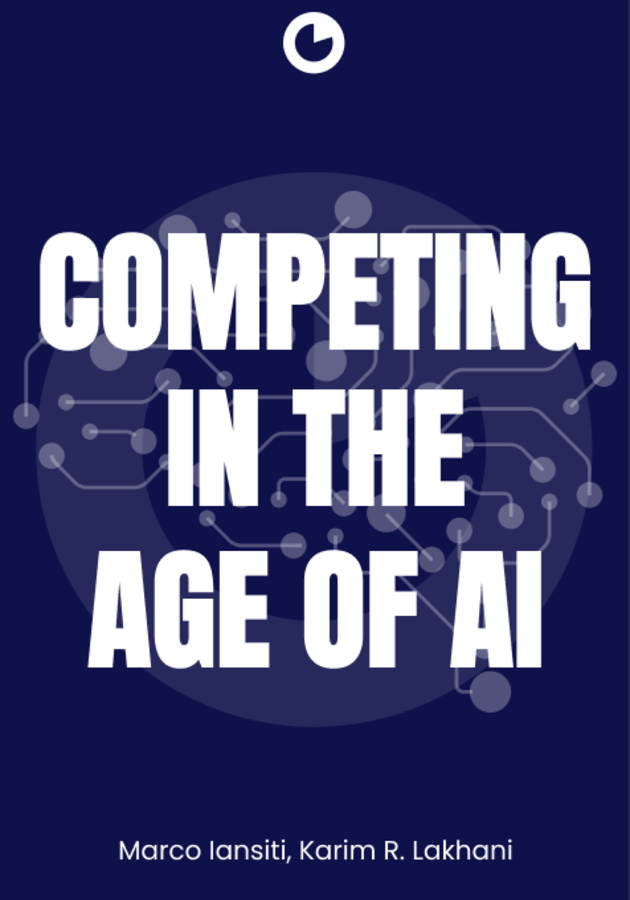Quite soon after co-founding the Bill & Melinda Gates Foundation Melinda Gates realized that the single most important step towards bettering the lives of people around the world was to focus on women. Women are disproportionately disadvantaged in communities worldwide, but by lifting them up, they lift entire communities up with them.
In this personal memoir, Melinda Gates tells the inspiring stories of women she met in her travels and tackles the main issues holding women back today. Get ready to learn how to create a more equal society!
Lifting women up
Ever since she was a small child, Melinda Gates was fascinated by rocket launches. Her father used to take her and her siblings to rocket launches in Dallas, Texas, where he worked as an engineer. It was the moment of liftoff that fascinated her the most. In her adult life, this fascination led her to search for a moment of lift for humanity. How could the human race as a whole be propelled upward in such a way?
The Bill & Melinda Gates Foundation, which she co-founded with her husband Bill Gates, was started to help children around the world. More and more, however, Melinda realized that the real issue that needed to be addressed was gender inequality. Through her charitable work around the world, she repeatedly saw that by lifting women up, humanity was lifted up. When women gain rights, families flourish, and in turn, societies do, too.
One of the very first issues the Foundation addressed was access to vaccinations, after learning that vaccines developed in the U.S. took 15 to 20 years to reach developing countries. In those countries, children died of preventable causes such as diarrhea.
During many of these vaccination drives, one topic kept resurfacing: while women were waiting in Malawi to get their children vaccinated, they were asking about when they could get their own birth control injections. Often, women would walk extremely far distances just to find that the injection was out of stock.
Melinda quickly made family planning and contraceptives her central mission. Yearly, more than 200 million women lack access to contraceptives around the world, meaning they are having children when they are too young, too old, or their bodies simply cannot handle another childbirth.
Giving women access to contraceptives and family planning options has immense positive effects not only on the woman’s life, but also on societies as a whole. One long-term study in Bangladesh showed that women who took contraceptives were healthier, had better nourished children, wealthier families, and their children - boys, and girls - were enjoying a better education.
Education
One thing Melinda learned very quickly in her charitable work with women was that every time she thought she was finally seeing the big picture, the women and girls she talked to showed her a bigger picture. So while access to family planning and good health care improves women’s lives around the world, these do nothing to help them escape the cycle of poverty.
Take the village of Kanpur in India as an example. This is where one of the lowest castes in India lives. They make their living by sorting rubbish and selling anything that can be recycled. When the organization came to talk to the women there about the project on contraceptives they had introduced, one 10-year-old girl, Sona, stepped forward and said, “I want a teacher.” This simple act of courage to ask for what she needed triggered a series of events that got Sona and her village registered as official inhabitants of the country and allowed her, and all the other children in her community, to go to school.
The gift of education is a gift that keeps on giving. By sending one girl to school, she will send her daughters to school as well, and so on. Girls who are sent to school have a better chance at a well-paid job and are more likely to have more well-informed family planning. And by being educated, women can be at the forefront of dismantling the very rules that keep them down.
But even nowadays, more than 130 million girls worldwide are still not going to school - and this is generally considered an improvement over previous generations! Many countries around the world still favor unequal education for one simple reason: uneducated women won’t rebel against traditional gender roles.
Take Malala Yousafzai (YOU-Chef-Cye) as an example. She was shot as a result of a targeted campaign by the Taliban because she had been speaking out for girl’s education. This shooting did nothing to silence her, though. The incident actually made her more famous, and brought more attention to her cause. She now uses her newfound influence to campaign for girl’s education all around the world. She became the youngest person to ever win the Nobel Peace Prize in 2014.
Child marriage
One year, Melinda Gates visited a fistula hospital in Niger where she met a 16-year-old girl named Fati. Fati had been a child bride - married at the age of 13 and pregnant immediately after. She went through long and painful labor, but was only taken to the hospital after three days. Her baby died. She had developed a fistula during birth, which happens when the birth channel is too small or the baby too big (this is a common occurrence in women who have undergone female genital mutilation as well).
Fistulas can be easily prevented by skilled birth attendants and by delaying first pregnancies. But for Fati, neither option was available to her, and she was forced out of the house by her husband for a condition she had not caused. For the next two years, she lived at her father’s house until she could finally have an operation to repair her injuries.
Sadly, Fati’s case is not an unusual one. Worldwide, the number one cause of death for girls aged from 15 to 19 is giving birth. Child marriages, although outlawed in many countries, continue to happen around the world. And the age difference that is often between the partners creates a power imbalance that invites abuse.
Young girls are taken away from their communities, friends, and family, sometimes blindfolded, so that if they try to run away, they would not find their way back. Why do parents decide to sell their own daughters into marriage? In many cases, because of poverty. Money is scarce and another mouth to feed simply cannot be afforded.
So, to stop the practice of child marriage, the incentives that push parents to take this step must be addressed first. The Tostan project in Senegal is one example of a project attempting to do just this. By encouraging conversations from the inside, Tostan creates empathy and drives change on the outside.
For example, rather than telling people that the practices of female genital cutting or child marriage are wrong, they ask villagers about their dream future village. They are taught about health, hygiene, math and reading, and with that education, they begin to change their views on these harmful practices against girls. Thanks to the work of Tostan, 8,500 communities have now stopped child marriages, and more than three million people across eight nations have stopped the practice of female genital cutting.
Unpaid Work
Unpaid work is another aspect that holds women back, and not only in developing countries. This includes all the work performed in the home that is not generally accepted as labor, such as childcare, fetching water, gathering wood, cooking, cleaning, and washing.
Worldwide, on average, women do twice as much unpaid work as men. That means that globally, women do seven years more unpaid labor than men on average - the amount of time it would take to complete an undergraduate and postgraduate degree.
When women spend less time on unpaid work though, they spend more time on paid work, which ultimately is the kind of work that lifts women up and establishes equality with men. Unpaid work is a barrier, and it often is only visible when you look at the hidden gender bias at play.
One example of workshops to uncover gender biases in Malawi greatly illustrates this: Ester, the workshop leader, drew a clock on a piece of white paper and let the men detail their typical day on it. It was usually spent on working in the field, sleeping, eating, and relaxing.
Then, Ester did the same for the women. Their days were a lot more crowded: before even tending to the fields, the women had already completed a full-time job in unpaid labor: tending to children, collecting firewood, fetching water, and cooking. Much to the surprise of the men, their wives actually worked much harder than they did.
This simple gender exercise led to changes in the traditional gender roles of that community. The men decided to take more part in the household chores, and they started making decisions alongside their wives, rather than on their own.
The ethics of charity work
We have seen that change from the inside is what truly makes a difference in societies around the world. This got Melinda wondering: what gave her - a rich, white billionaire - the right to interfere with these women’s lives?
Melinda believes that with her work, she is advancing universal human rights, which happen to coincide with her personal beliefs. But to instigate lasting change, much more than her personal involvement is needed. Change always happens from the inside: it happens through conversation about topics that are often considered taboo.
Conversation leads to empathy. And once everyone in a community - especially powerful men - understand that by involving women, they can achieve much more than without them, then a community can change from one of exclusion to one of equality.
And even though Melinda set out to lift other women up, she quickly realized that these women and girls had a lot to teach her as well. When she stayed with Anna in Tanzania, for example, Melinda spent a lot of time with her, trying not to interfere with her chores.
Eventually, Anna began telling her about a crisis in her marriage. When she had first married Sanare, they had been very happy. But once she’d had her first child, she could not deal with the daily 24-mile walk to fetch water. One day, when Sanare returned home, Anna had packed all her belongings and was ready to leave. Heartbroken, he asked her what he could do to make her stay. She told him that he could fetch the water.
And although this was against Maasai tradition, Sanare agreed and started walking to the well with the other women of the village. The other men ridiculed him and told him he’d been bewitched by his wife, but his son’s health was more important to Sanare than his reputation. Eventually, some of the other men joined him. And they soon tired of the long way to get to the water, so instead they set up catchment areas for rainwater near the village.
This story deeply inspired Melinda and strengthened the bond between the two women who had come from such different worlds. By connecting with women around the world, we can lift each other up. Empowerment starts by getting together. And together, we can break the culture of exclusion.
Final Notes
Women and girls around the world are systematically discriminated against. They have less access to education, medication, and health services. Child marriage and female genital mutilation are symptoms of this problem. But when we come together to tackle this inequality, societies as a whole can better themselves - not only the women. By achieving change from within, communities can move beyond a culture of exclusion toward one of equality and inclusion.
The Washington Post called “The Moment of Lift,” “an inspirational look at the need to empower women to make change in the world.”
12min Tip
Why not support one of the organizations that Melinda Gates endorses, such as Girls Not Brides or CARE?





























